In a time where the economic discourse is often shaped by the dominant influence of major powers, there’s a quiet revolution in financial strategy happening in the world’s smaller nations. These compact countries are showcasing an exceptional aptitude for economic innovation and flexibility. Let’s check out the varied and intelligent methods these nations employ.
They artfully turn what might seem like limitations into pivotal strengths and opportunities. The narratives of these countries serve as a vibrant collage of lessons in resilience, emphasizing how strategic foresight and an emphasis on unique national characteristics can drive substantial economic progress.
1. Luxembourg: Pioneering in Fintech

Luxembourg has strategically positioned itself as a leader in the fintech industry. By fostering a conducive environment for digital finance innovations, the country attracts global investments and tech talent.
This focus on fintech not only diversifies Luxembourg’s economic base but also establishes it as a crucial player in the global financial sector. Their proactive approach in embracing new technologies offers a model for economic diversification and innovation.
2. Seychelles: Offshore Banking Oasis

The Seychelles has become a hotspot for offshore banking, attracting global capital with its favorable tax and privacy laws. This strategy not only enhances the nation’s financial sector but also positions it as a significant player in the global economy.
Seychelles’ commitment to maintaining robust offshore banking services demonstrates how small nations can leverage their legislative frameworks to attract international investments.
3. Monaco: Luxury Tourism Magnet
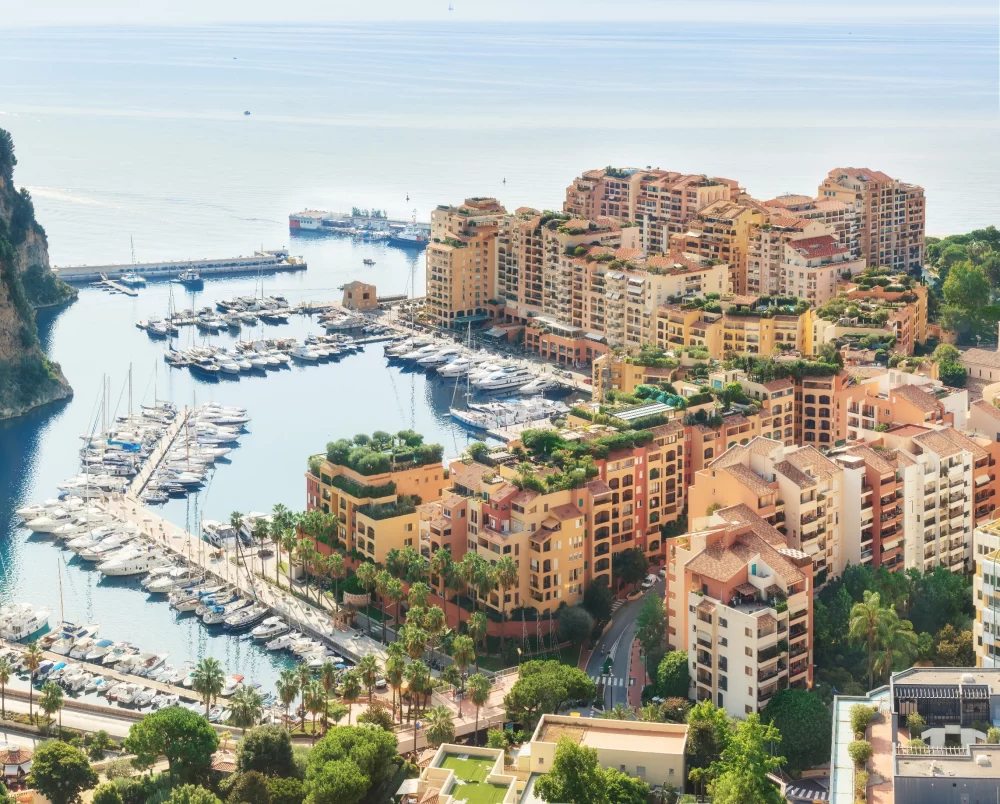
Monaco epitomizes luxury tourism. By capitalizing on its glamorous image, the principality attracts high-net-worth individuals with its world-class casinos, yachting events, and luxury accommodations.
A targeted approach not only sustains Monaco’s economic vitality but also cements its status as a premier global destination for luxury travel. Monaco’s strategy underscores the importance of brand identity and niche marketing in tourism.
4. Liechtenstein: Precision Manufacturing Powerhouse

Liechtenstein’s economy thrives on high-precision manufacturing, specializing in products like dental equipment and automotive parts. This focus on niche manufacturing allows the country to command premium prices in the global market.
Liechtenstein’s success in this sector demonstrates how specializing in high-quality, niche products can be a lucrative strategy for small economies.
5. Malta: Blockchain and Cryptocurrency Leader

Malta, often referred to as the “Blockchain Island,” has created a welcoming regulatory framework for blockchain and cryptocurrency businesses.
Having a forward-thinking strategy has not only attracted a host of tech companies but also diversified Malta’s economic base. Malta’s embrace of blockchain technology showcases the potential for small countries to become leaders in emerging tech sectors.
6. Andorra: Duty-Free Retail Haven

Andorra leverages its location and status to attract tourists and shoppers with its extensive duty-free offerings. These offerings bring in a steady flow of visitors, particularly from neighboring countries, boosting the local economy.
Andorra’s success with duty-free retail highlights how strategic use of geographic and political status can create unique economic opportunities.
7. San Marino: Cultural Revenue from Numismatics and Philately
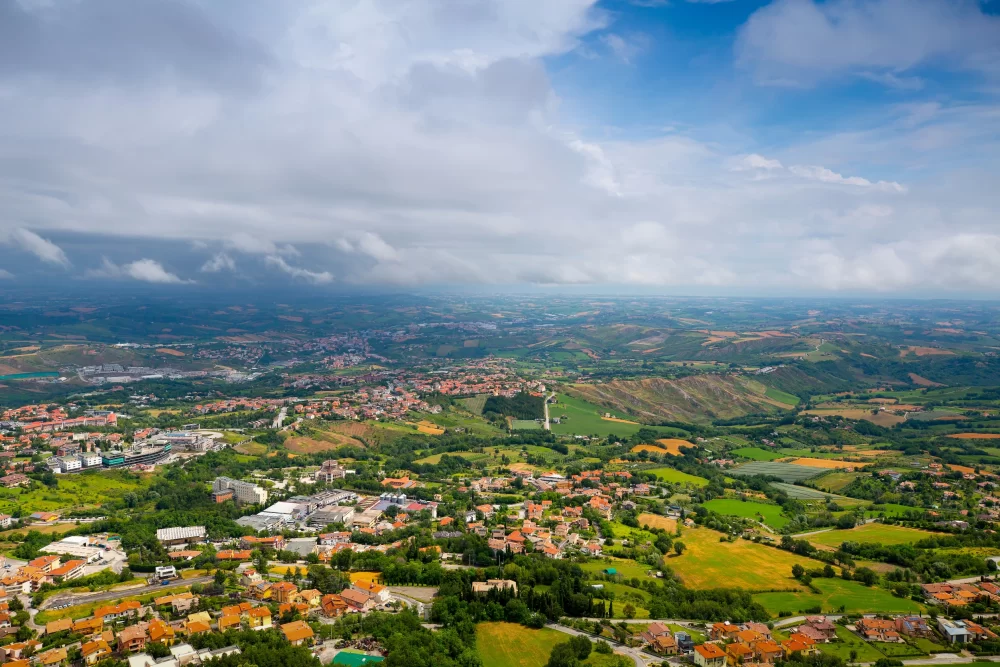
San Marino taps into the lucrative market of numismatics and philately, issuing collectible coins and stamps that are popular worldwide. This popular market not only generates significant revenue but also promotes the country’s rich history and culture. San Marino’s strategy exemplifies how leveraging cultural heritage can be transformed into a profitable economic venture.
8. Barbados: Niche in Medical Tourism

Barbados has carved out a niche in medical tourism, combining high-quality medical care with its attractive tourism offerings. Medical tourism diversifies the island’s economy and attracts a new segment of visitors seeking healthcare services in a vacation-like setting. Barbados’ foray into medical tourism demonstrates the potential of combining different sectors to create new economic pathways.
9. Bhutan: Sustainable Tourism Model

Bhutan has adopted a unique approach to tourism, focusing on sustainability and environmental preservation. By limiting tourist numbers and promoting high-value, low-impact travel, Bhutan ensures that its natural and cultural resources remain intact. This model not only provides a steady revenue stream but also preserves the country’s unique identity and heritage.
10. Iceland: Renewable Energy Innovator

Iceland harnesses its geothermal and hydroelectric resources to power its economy, reducing dependence on fossil fuels. By focusing on renewable energy attracts eco-conscious investors and sets Iceland apart as a leader in sustainable energy practices. Iceland’s approach demonstrates how natural resources can be sustainably exploited for economic gain.
11. Fiji: Blue Economy Pioneer

Fiji is pioneering in developing its ‘blue economy’, focusing on sustainable use of ocean resources. This includes initiatives like sustainable fisheries and marine-based tourism, balancing economic growth with environmental stewardship. Fiji’s blue economy strategy offers a blueprint for other island nations in harnessing maritime resources sustainably.
12. Grenada: Spice Trade and Agro-Tourism

Grenada, known as the ‘Island of Spice’, leverages its rich agricultural heritage, particularly in nutmeg and mace production. The country combines this with agro-tourism, inviting visitors to experience its spice farms and local culinary traditions.
This unique blend of agriculture and tourism not only diversifies Grenada’s economy but also preserves its cultural heritage. Grenada’s strategy showcases how integrating traditional industries with tourism can create a unique and appealing economic niche.
13. St. Kitts and Nevis: Citizenship by Investment

St. Kitts and Nevis pioneered the concept of ‘Citizenship by Investment’, allowing individuals to acquire citizenship through significant economic contributions.
This program has attracted substantial foreign investment, bolstering the nation’s economy. The success of this initiative demonstrates how innovative immigration policies can be leveraged as economic tools in small countries.
14. Nauru: Phosphate Mining

Nauru, once known for its rich phosphate deposits, capitalized on this resource to drive its economy. Despite the depletion of these deposits, Nauru’s experience with phosphate mining provides insights into resource management and the importance of economic diversification for countries reliant on a single natural resource.
15. Tuvalu: Internet Domain Revenue

Tuvalu generates significant revenue from the lease of its internet domain name ‘.tv’. This innovative use of digital assets provides a steady income stream for the country, showcasing how even the smallest nations can capitalize on the digital economy.
16. Kiribati: Commercial Fishing Licenses
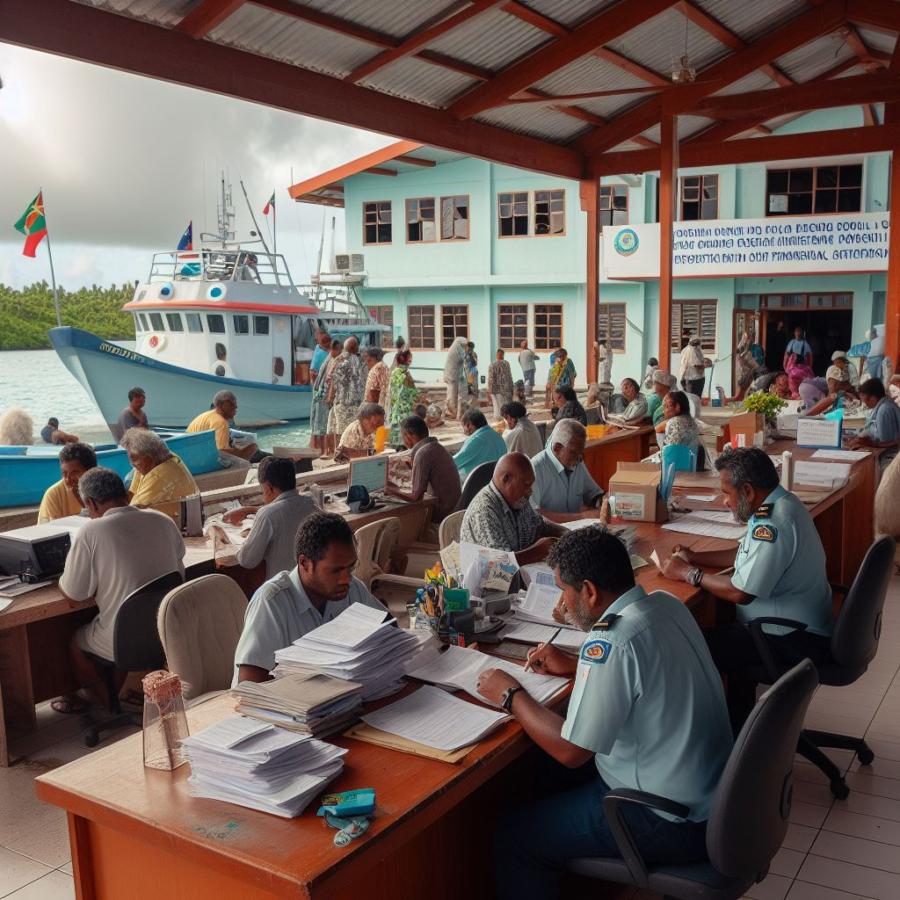
Kiribati takes advantage of its vast marine territory by selling commercial fishing licenses. This strategy harnesses the country’s natural marine resources, providing significant income and ensuring sustainable fishing practices. Kiribati’s approach highlights the importance of resource management in oceanic nations.
17. Palau: Environmental Conservation and Eco-Tourism

Palau emphasizes environmental conservation, using its natural beauty to attract eco-conscious tourists. By focusing on sustainable tourism practices, Palau not only protects its environment but also builds a resilient tourism sector. This strategy underscores the balance between economic development and environmental stewardship.
18. Tonga: Remittances and Cultural Exports
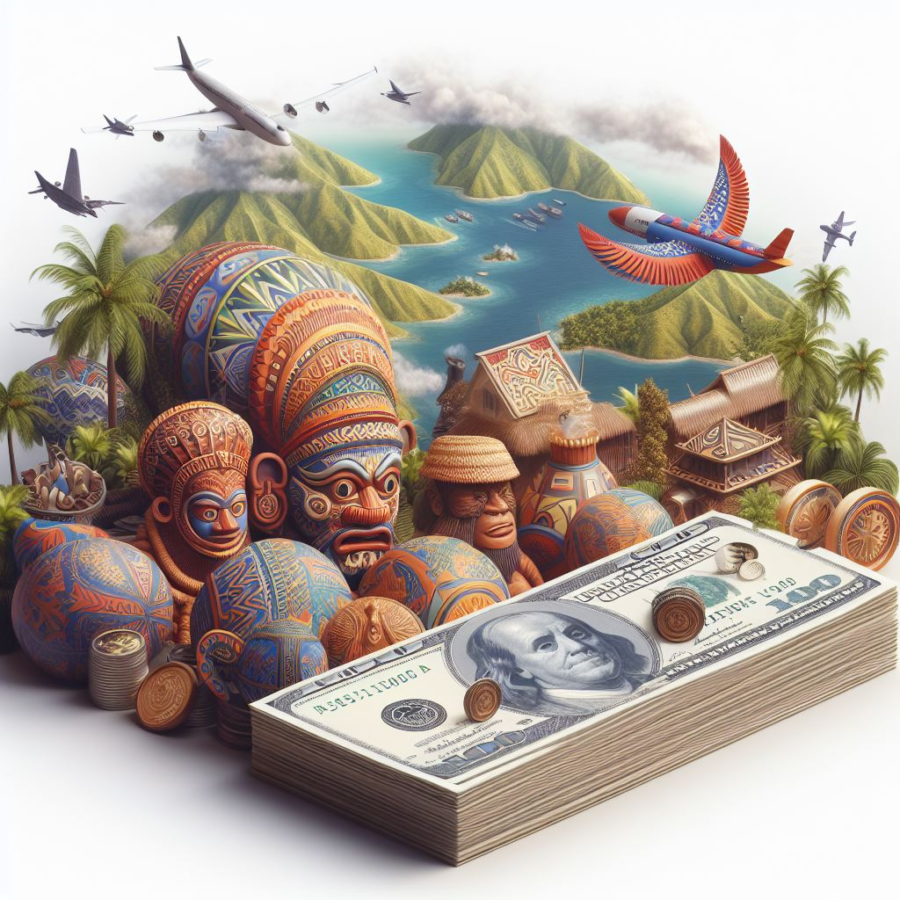
Tonga significantly benefits from remittances sent by its diaspora. Additionally, the country has found success in exporting cultural products like handicrafts and music. These strategies underline the importance of community and cultural connections in bolstering a nation’s economy.
19. Marshall Islands: Ship Registry

The Marshall Islands offers a flag of convenience for international shipping, resulting in a lucrative ship registry business. This approach capitalizes on the country’s strategic maritime position and favorable regulations, providing a vital source of revenue.
They Are Innovative

The economic strategies of the world’s smallest countries are as diverse as they are innovative. From Luxembourg’s fintech ventures to the Marshall Islands’ ship registry, these nations demonstrate remarkable adaptability and resourcefulness. Their experiences offer valuable lessons in leveraging unique strengths, embracing technology, and adapting to changing global trends. These strategies not only drive their economies but also contribute significantly to the global economic landscape, proving that even the smallest players can have a substantial impact on the world stage.
Tamila McDonald is a U.S. Army veteran with 20 years of service, including five years as a military financial advisor. After retiring from the Army, she spent eight years as an AFCPE-certified personal financial advisor for wounded warriors and their families. Now she writes about personal finance and benefits programs for numerous financial websites.












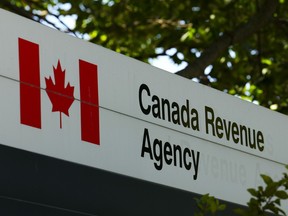





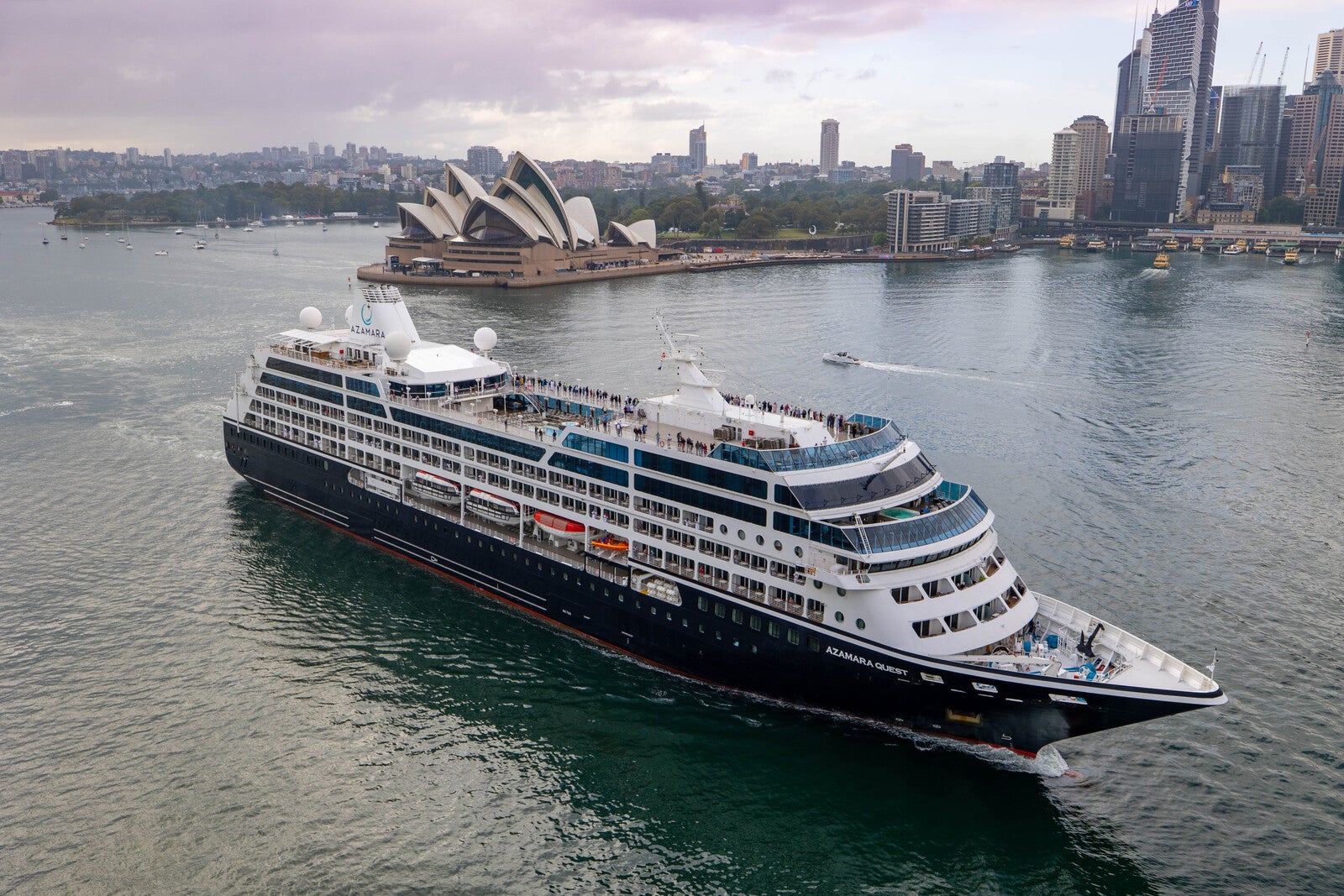


Discussion about this post